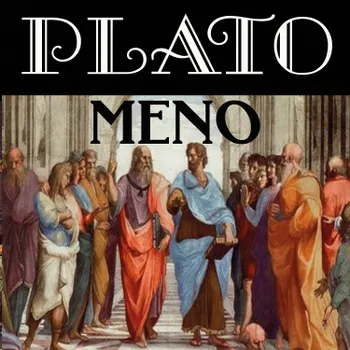Meno is a Socratic dialogue written by Plato. Meno begins the dialogue by asking Socrates whether virtue is taught, acquired by practice, or comes by nature. In order to determine whether virtue is teachable or not, Socrates tells Meno that they first need to determine what virtue is. When the characters speak of virtue, or rather arete, they refer to virtue in general, rather than particular virtues, such as justice or temperance. The first part of the work showcases Socratic dialectical style; Meno, unable to adequately define virtue, is reduced to confusion or aporia. Socrates suggests that they seek an adequate definition for virtue together. In response, Meno suggests that it is impossible to seek what one does not know, because one will be unable to determine whether one has found it.
Meno
Starten Sie noch heute mit diesem Buch für CHF 0
- Hol dir während der Probezeit vollen Zugriff auf alle Bücher in der App
- Keine Verpflichtungen, du kannst jederzeit kündigen
Autor*in:
Sprecher*in:
Sprache:
Englisch
Format:
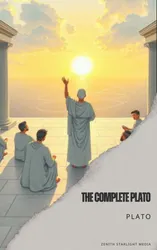
The Complete Plato
Plato
book
The Republic
Plato
book
Laws
Plato
audiobookbook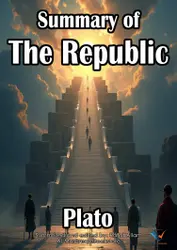
Summary of The Republic
Plato
book
Clitophon : The Unfinished Conversation – Plato’s Mysterious and Brief Challenge to Socrates’ Teaching
Plato, Tim Zengerink
audiobook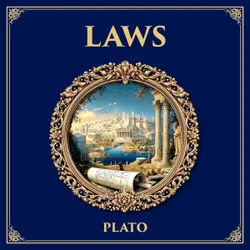
Laws : Plato’s Final Political Work – Justice, Government, and the Ideal Legal Order
Plato, Tim Zengerink
audiobook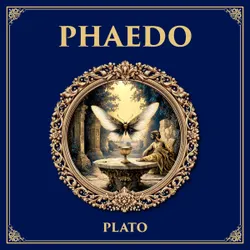
Phaedo : Socrates on the Immortality of the Soul – A Profound Meditation on Death and the Afterlife
Plato, Tim Zengerink
audiobook
Charmides : A Philosophical Discussion on Temperance – Exploring the Meaning of Inner Peace
Plato, Tim Zengerink
audiobook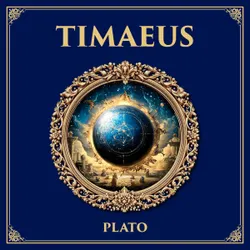
Timaeus : Plato’s Vision of the Cosmos – A Dialogue on Creation, Nature, and the Divine Mind
Plato, Tim Zengerink
audiobook
Cratylus : On Names and Reality – Plato’s Inquiry into Language, Etymology, and the Nature of Truth
Plato, Tim Zengerink
audiobook
Crito : Justice, Duty, and Civil Disobedience – Socrates’ Reflections from His Prison Cell
Plato, Tim Zengerink
audiobook
Alcibiades I : A Young Politician’s Search for Self-Knowledge – Plato’s Dialogue on Ambition and the Soul
Plato, Tim Zengerink
audiobook
